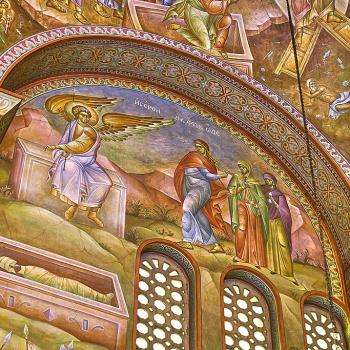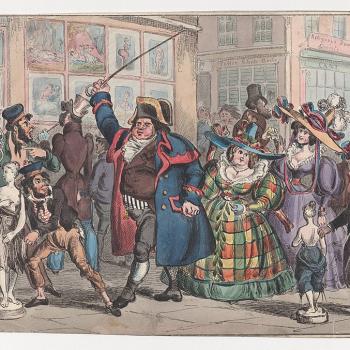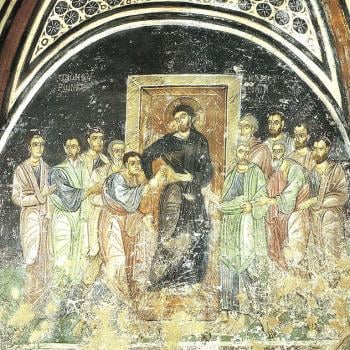I’m a vegetarian. While I often tell people the reason why I became vegetarian was for the health benefits, and that certainly is one of the reasons, I have also had philosophical, moral, and even religious reasons which led me to live out such a life choice. Ultimately, it became a matter of following my personal conscience. The more I understood evolution, and the close relationship humanity has with the rest of the animal world, the more I realized how... Read more
















